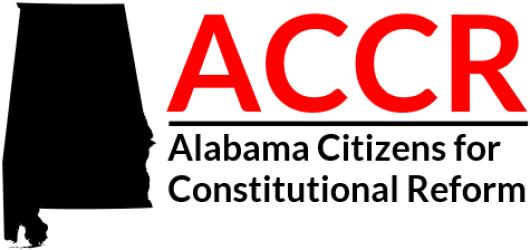
Alabama’s 1901 Constitution was aimed at keeping blacks and poor whites from voting and achieved the framers’ intent.
A voter-approved effort to remove racist language from the Alabama Constitution and reorganize the heavily amended, 120-year-old document in a more understandable way began today at the State House. The Legislative Committee on the Recompilation of the Constitution met for the first time and heard a presentation from Othni Lathram, director of the Legislative Services Agency. The committee will advise Lathram, who has the task of drafting a recompiled constitution and submitting it to legislators next year. If lawmakers approve the new document, it would go on the ballot for voters to have the final say.
Lathram said amendments to the 1901 Constitution began soon after it was ratified because it was so restrictive in certain areas. For example, it did not allow public funds to be used for improvements such as roads, schools, and courthouses. Voters have now approved 977 amendments to the constitution, and 13 more will be on the ballot next year.
Coleman said the committee will hold a public hearing in August to allow people to share their ideas about the process. A date has not been picked, she said. Information about the committee’s work, including today’s presentation, will be posted the Legislative Services Agency’s website. Here is the link.

Alabama Legislative Services Agency Director Othni Lathram speaks to the committee to recompile the state constitution on July 8, 2021.
